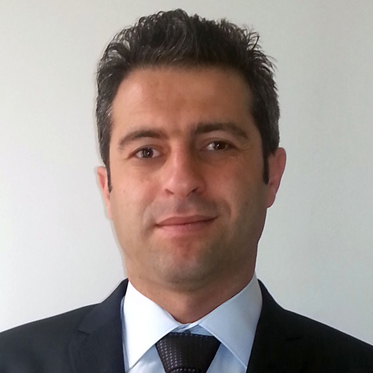Syrian Kurds concerned of new Turkish assault as Russian-Turkish joint patrols resume
QAMISHLI (Kurdistan 24) – Joint Russian-Turkish forces on Friday conducted a two-hour patrol in northeast Syria along the Turkish border amid growing concerns among locals in the area that such activity suggests new upcoming attacks on the area by Turkey.
Reporting from Qamishli, Kurdistan 24 correspondent Akram Salih said that the convoy consisted of eleven vehicles, seven of which were Russian, and four were Turkish.
A Kurdistan 24 team was onboard one among several Russian helicopters that were monitoring the patrol and took off from the Syrian regime-controlled Qamishli International Airport. They landed at a base in the town of Cil Aga, some 50 km east of Qamishli, where the Russian and Turkish military transports started their patrol.
Locals in the area say they fear that these operations may be followed by another Turkish attack on the Kurdish-majority region. They say they had similar concerns when the US held joint patrols with Turkish forces, which were followed by Ankara's October 2019 military incursion into the areas held by the Kurdish-led Syrian Democratic Forces (SDF).
In a survey conducted by Kurdistan 24 on civilians in the border towns of Amuda, Qamishli, and Derik, a majority have expressed concerns about the purpose of the Russian-Turkish patrols along the border with Turkey.
"Both Turkish and Russian have never been allies to the Kurds and their troops are having patrols in our region for intelligence purposes and obtaining information for further attacks," said a Syrian Kurdish student who contributed to the survey.
"The US troops have been known as allies to the Kurds, but they failed us, and after their joint patrols with the Turkish troops, the Turkish army attacked us," said another participant in the survey.
Russian Plans
Russia appears to be planning to deploy troops to areas to the east of Qamishli, which, according to information obtained by Kurdistan 24 correspondent in Syria Akram Salih, were to be under the protection of US forces.
A Syrian Kurdish military source told Kurdistan 24 that the joint patrols might mean that "Russia is a giving clear message to the US: after you withdraw, there is another force—Russia—that will fill the vacuum here."
The source also added that it might also serve as a deterrent against Turkish forces and its proxy militias from entering the area.
"Maybe, this is a message by Russia to the US. But it may also be a message to Turkey, but I don't know," the source stated on condition of anonymity.
After Ankara's long-threatened military incursion into northeast Syria to confront the Kurdish elements of the SDF in October, a ceasefire deal was first reached between the US and Turkey on Oct. 17 and then another one between Russia and Turkey on Oct. 22.
The Russian-Turkish deal involves the SDF withdrawing its forces up to 30 kilometers from the Turkish-Syrian border.
This deal also outlines joint Turkish-Russian patrols in a 10-kilometer-wide strip of land along the border that began on Nov. 1. Since then, the two sides have carried out dozens of such operations.
The first of these took place on Nov. 1 on the Syrian-Turkish border between the towns of Dirbesiye and Amude. Afterward, Turkish armored vehicles returned to Turkey, while Russian forces returned to the city of Qamishli.
Local Kurdish civilians in Kobani and other towns near the border have protested these events by gathering near the passing vehicles and pelting various objects at them.
Following an incident on Nov. 18, when angry civilians hurled stones and Molotov cocktails during a patrol in the Kurdish region of Kobani, the local autonomous administration announced its forces would intervene to prevent such acts in the future.
